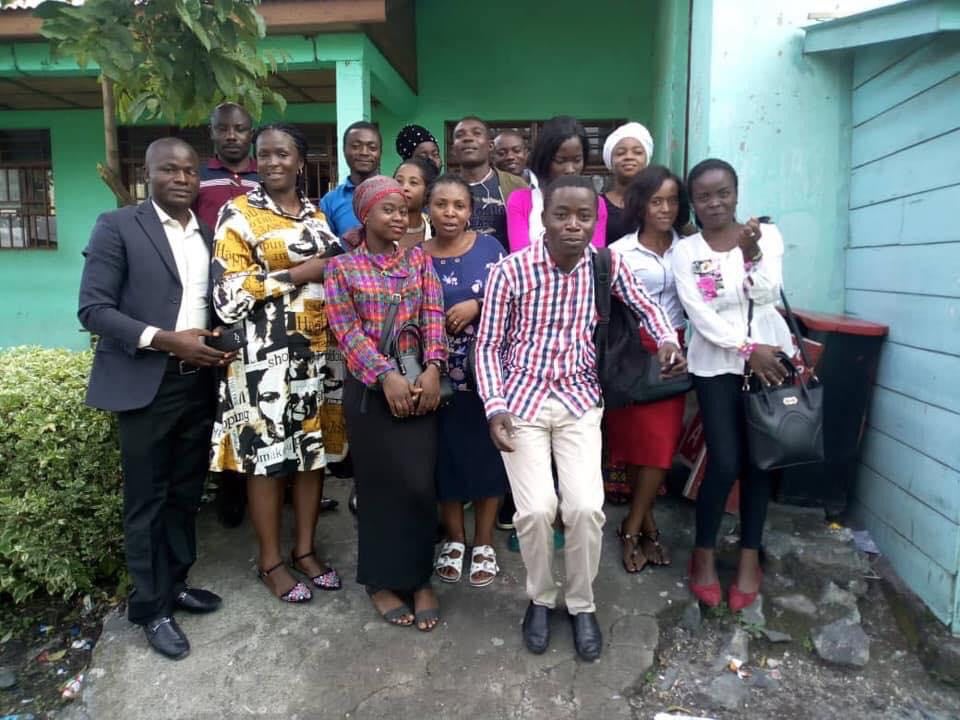
SELF-HELP AND RESILIENCE IN THE DEMOCRATIC REPUBLIC OF CONGO
I interviewed Bertin Kalimbiro from the Democratic Republic of Congo about his work in the Goma region to grow food safely and help people threatened
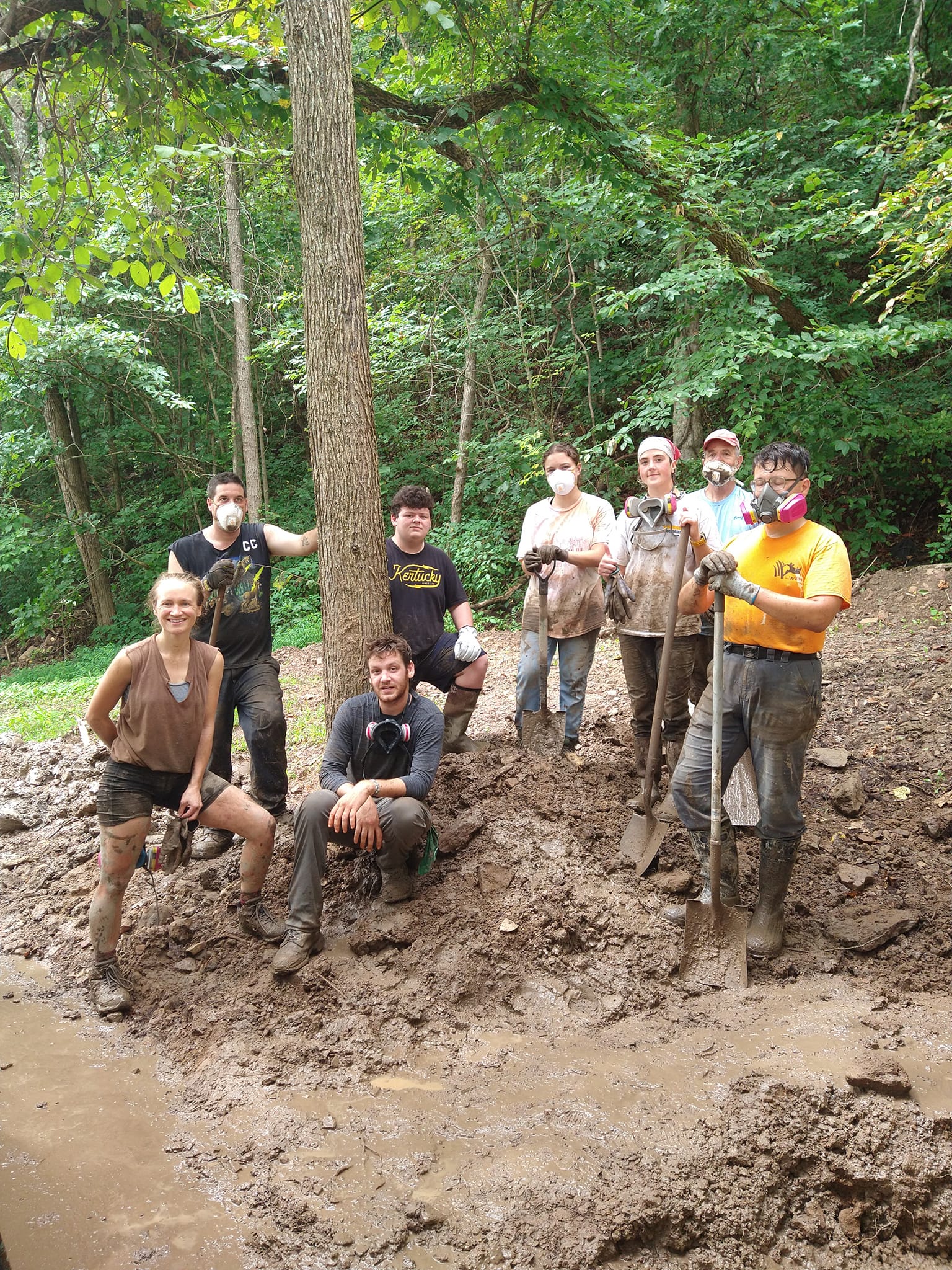
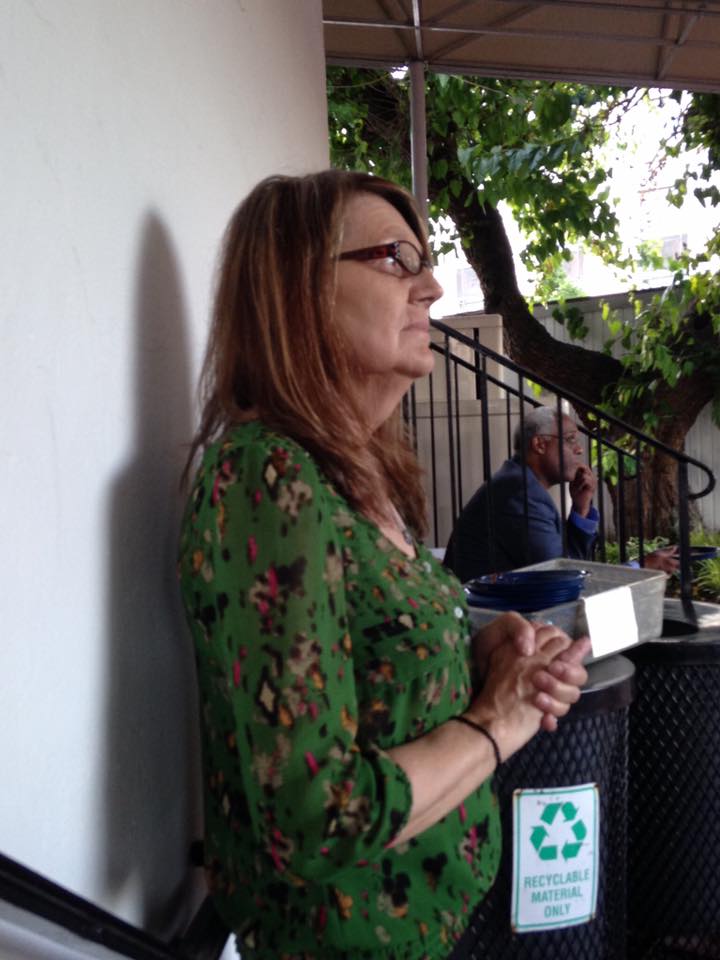
I interviewed Elaine Tanner about her work to protect the Appalachian Mountains from destructive floods and pollution caused by legacy mining, oil and gas. She is the founder of Friends For Environmental Justice and a campaigner against invasive pipelines and fracking. Elaine tells a frontline story of working with community rescue teams and indigenous peoples.
Leslie: You live in SE Kentucky, The Appalachian Mountains, USA. Can you tell the story of how and why you came to live there and what’s characteristic of the area?
Elaine: My roots run deep and wide in these Appalachian Mountains. My mother was from the coal fields of West Virginia and my father was from the Daniel Boone National Forest in Kentucky. As a child I saw the best and then I saw the ways industry disregarded the people and the environment. Today I live with my partner in SE Kentucky on a property that’s been in his family for 6 generations. Some 20 years ago he purchased his 245-acre family homestead at auction. We planned to retire and enjoy the life on the mountains we remembered as a child. The plan was spoiled when it was discovered legacy mining had plagued the area, having been stripped, gutted and fracked. We found the water was only fit to flush toilets and filed a Safe Drinking Water Petition and got water for 97 families in our community. By this time we discovered the state of Kentucky inadvertently approved mining permits that were created under fraudulent conditions. This started a 20-year road to activism. Three years ago we finally moved to the mountain. The conditions here have been challenging to say the least. Post and pre-law mining has left us living under old mines that fill up with water, causing mud and rock slides to repeatedly come within feet of our backdoor. We are challenging these actions through an administrative rule case we filed back in 2008. We appealed the cabinet’s ruling in circuit court and the judge ruled in our favor. The cabinet challenged the court’s decision and we are preparing to take this to the next level, the Kentucky Supreme Court.
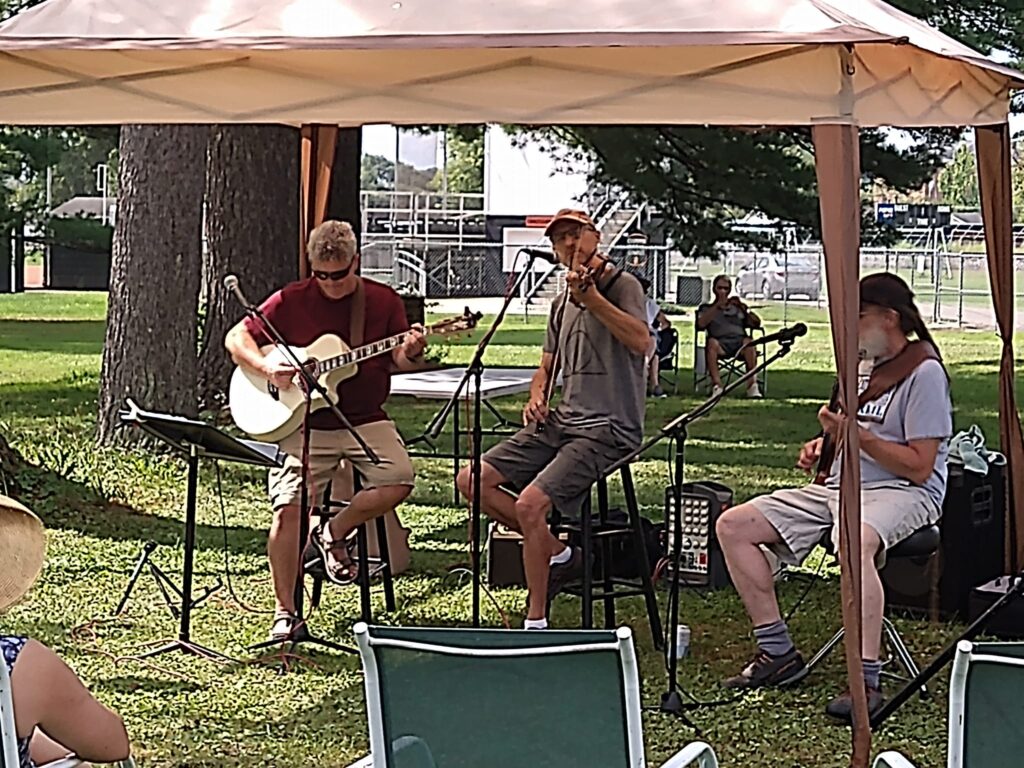
Leslie: What characterises the Appalachian music of Sarah Ogun Gunning, Molly Jackson and Jim Garland, and why is it important? Who are their musical successors in the Appalachians today, and what do they draw from the tradition?
Elaine: Traditional Appalachian music is the way history was recorded in our mountain communities. Sarah was a trail blazer. The songs she wrote are the ones most remembered for her work around organizing for the safety of all miners. The Storytellers at the Hemphill Community Center are in that true Appalachian style. The Appalshop is located in my community and for 50 years preserved these stories through film documenting those that followed these traditional music styles.
Leslie: What’s the step-by-step story of the severe rainfall/flooding damage to your area, and how are you trying to recover?
Elaine: We were the fortunate ones living up in a holler where the water did rise 6 feet in the creek as it filled with stone and silt leaving the water little choice but to rise. It was 2 o’clock in the morning when the power went out. It was two days before we could get off the mountain to see the damage done. We are used to a good rain fall in these mountains but we are not used to 12-14 inches of rain in a few short hours followed by more rainfall the following day. This rain dumped on an entire region running off all our hollers at the same time. It took two weeks to clear some of the roads. People lost bridges and lost access to food and water. Others floated away in their sleep. The count rose to 41 dead today when the last missing body was discovered. The first few days, the Appalachian Roots grew derp and people connected to the community brought in water and supplies. Next came the environmental Friends and org’s bringing in generators, tools and cleaning supplies. Then came the Churches and our Mighty Muckers came to the rescue. Finally came the government with the relief programs and help to access the damage. We are in a remote holler and are on the long list to have our road and culverts repaired…still.
Leslie: Tell us about the Hemphill Community Center and Friends For Environmental Justice community outreach programs.
Elaine: Day 2 we made it off the mountain. One of the first stops was the Hemphill Community Center. I knew someone would know something there. From there it was jump in and help wherever it was needed. We guided in semi-trucks, trailers, pickup trucks and SUV’s coming in from all over the region with supplies and support for our people in need. A lot of my work was to communicate the needs to the outside and deliveries where they needed to go. This work has shifted to bringing in work crews and support teams using the Center as base camp for many organizations.
The future plan at the Center is to work existing programs and create new projects around social needs through outreach and gatherings. We will address the future environmental needs through education, emergency planning and water testing and protection programs. There is an afterschool program at the Center providing tutoring and hiring student tutors. The Center provides meals and respite for the many grandparents raising children lost to a generation of substance abuse. We hold Healing Storytelling Circles dealing with post flood trauma, accessing the future needs for more social programs. The Black Sheep Bakery creates jobs and gives hope to those often forgotten. Music is the heart and soul of Appalachia. You will find someone singing and picking on any given Saturday night. The Center also provides space for Karate and Art classes free to the public. The Center is in an old school building in need of repairs and general maintenance. I am working with the center to find funding to support these projects and support new programs as we continue the outreach so needed in these communities. Much of my work over the years is around federal mining policy and challenging a broken system through litigation and investigation.
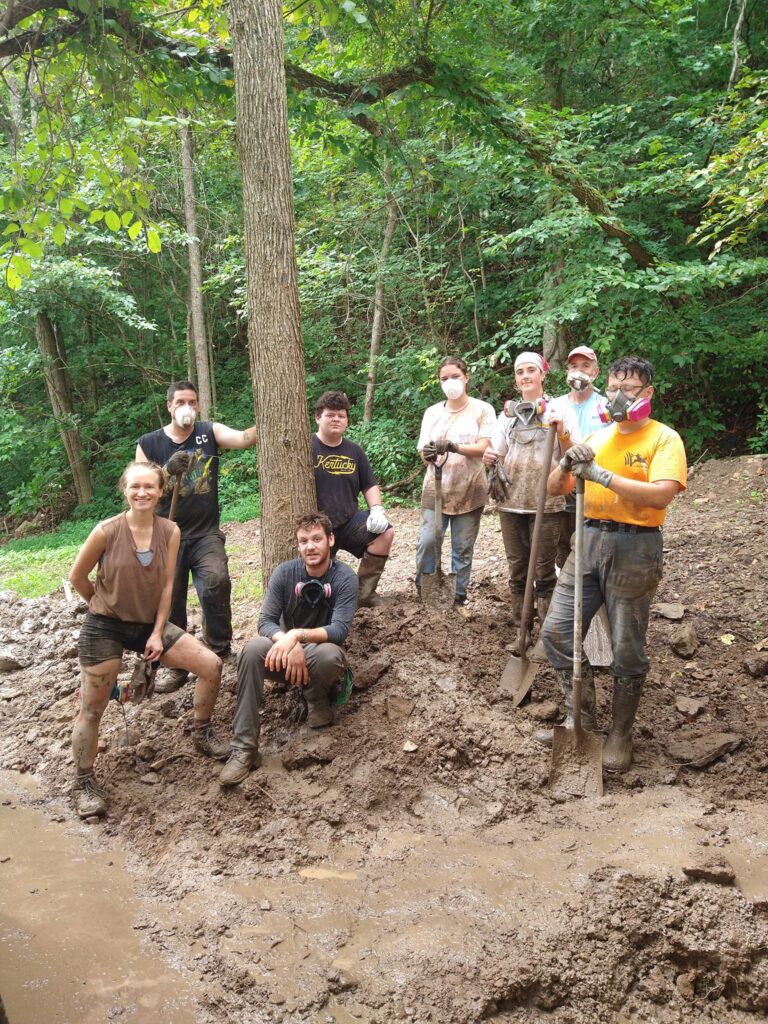
Leslie: What have you learned from the water/land/pipeline protests you’ve been involved in and your contacts with indigenous people?
Elaine: Coming from a community in NE Ohio where we were hit with the Rover, a 2 x 42 inch side-by-side pipeline. Then there was Utopia East where we stood with five people across the pipeline route.
This is where I headed to the Ohio River for help. We had formed the Ohio River Citizens’ Alliance a few years back around the transport of fracking waste barges in the Ohio River. The pipelines scattered us in all directions. I reached out to the national and international groups fighting the Energy Transfer Partners DAPL pipeline at Standing Rock and across other frontlines. I knew we were in trouble when the plan was to frack 27 miles along the river in the Wayne National Forest. By now they were fracking under the Ohio River, the water supply for 5 million people, and I knew they must be stopped. The petrochemical hub that followed is still a threat to the entire region. The plans they had for us would destroy everything in its path.
Then comes the nearby Nexus pipeline back in NE Ohio. We mentored the Oberlin College environmental students, organizing actions and training for the community around the health and safety fears of living with pipelines. We shared participation in public comments and actions at the statehouse protesting anti-terrorism bills that would take our rights away.
The international alliances and coalitions in place provided me with the training and support I needed to do the work around oil and gas throughout the region. This movement is led by Indigenous people as we have cared for creation for thousands of years. Working with these groups has reconnected me to my own roots through Ceremony and understanding of my connection to protecting the lands and the water as my great-grandmothers before me. We do not walk alone.
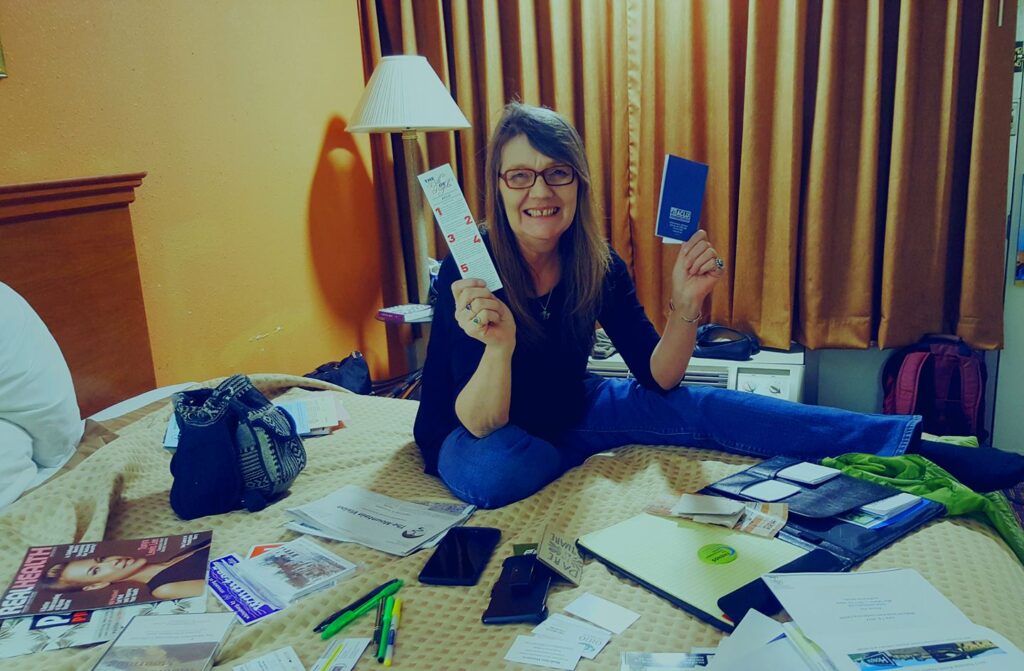
All this was taking place simultaneously followed by a threat by Cabot Oil to frack 50 thousand new wells experimentally drilling through old gas storage areas. We organized our Friends For Environmental Justice and set up baseline water testing. We challenged every action taking place in this rural farming community. The lease bought by Trans Canada from Columbia Gas was only good for storage. A new lease was needed to drill and we made sure the community knew what they were up against. Cabot Oil drilled 5 wells and said they did not find what they were looking for.
Today I do speaking engagements across the region and work with several orginizations providing information to engage others to step up and be present and help preserve a place for future generations. This past summer I walked on the Mountain Valley Pipeline route across West Virginia and presented our land acknowledgement on the statehouse steps in Charleston along the way. Making some progress on stopping the MVP with more work to do to keep it that way.
Next week I interview poet, critic and journalist Katy Evans-Bush,
ABOUT LESLIE TATE’S BOOKS:

I interviewed Bertin Kalimbiro from the Democratic Republic of Congo about his work in the Goma region to grow food safely and help people threatened

I interviewed computer expert and sustainability campaigner Dr Erlijn van Genuchten, who writes easy-to-understand books based on science full of practical suggestions for planet-friendly living.
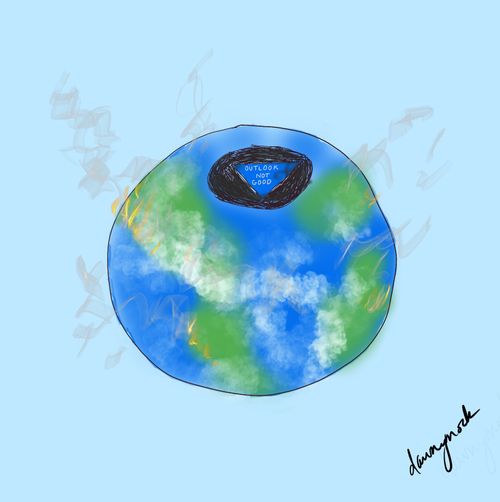
I interviewed Canadian cartoonist Dawn Mockler about how she works on cartoons that might be environmental or wordless but always witty – especially her famous
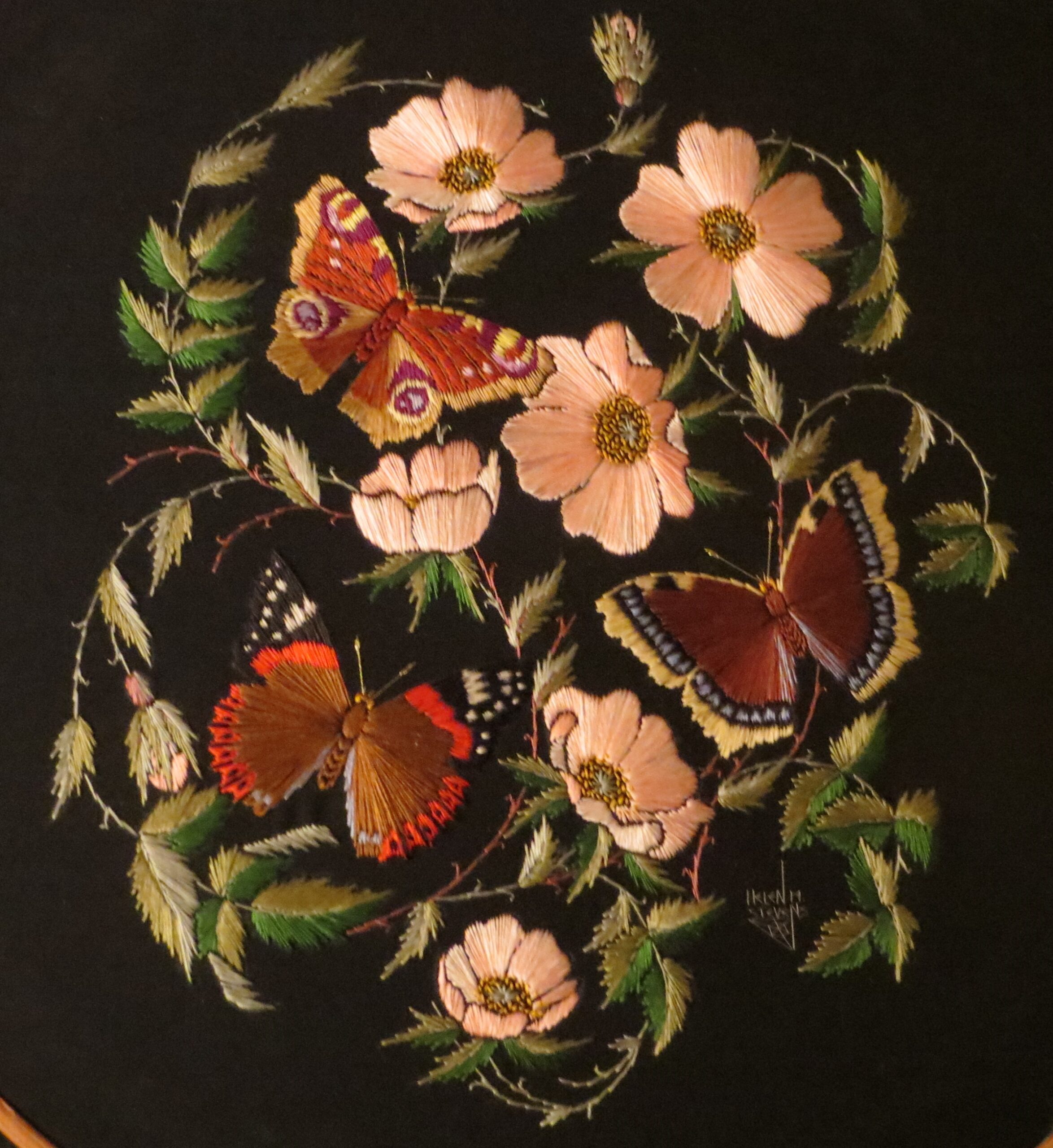
I inteviewed Helen M Stevens about how she has revived the art of embroidery, creating original contemporary patterns while studying and drawing on, “One of
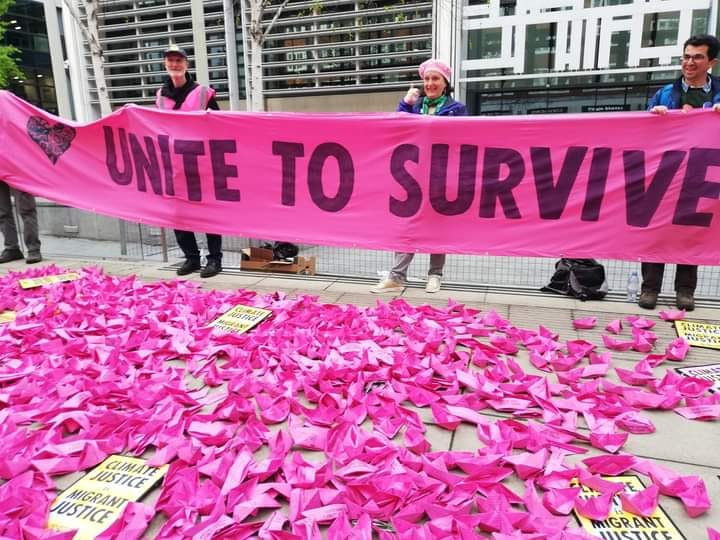
I interviewed Councillor Rachel Smith-Lyte about the origins of her passion for nature and her environmental activism. Rachel tells the story of her teaching (and
| Cookie | Duration | Description |
|---|---|---|
| cookielawinfo-checkbox-analytics | 11 months | This cookie is set by GDPR Cookie Consent plugin. The cookie is used to store the user consent for the cookies in the category "Analytics". |
| cookielawinfo-checkbox-functional | 11 months | The cookie is set by GDPR cookie consent to record the user consent for the cookies in the category "Functional". |
| cookielawinfo-checkbox-necessary | 11 months | This cookie is set by GDPR Cookie Consent plugin. The cookies is used to store the user consent for the cookies in the category "Necessary". |
| cookielawinfo-checkbox-others | 11 months | This cookie is set by GDPR Cookie Consent plugin. The cookie is used to store the user consent for the cookies in the category "Other. |
| cookielawinfo-checkbox-performance | 11 months | This cookie is set by GDPR Cookie Consent plugin. The cookie is used to store the user consent for the cookies in the category "Performance". |
| viewed_cookie_policy | 11 months | The cookie is set by the GDPR Cookie Consent plugin and is used to store whether or not user has consented to the use of cookies. It does not store any personal data. |
2 responses
Very interesting, thank you Elaine and Leslie
🙂 🙂 🙂